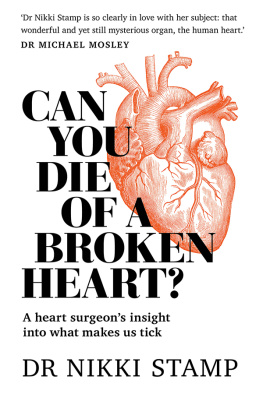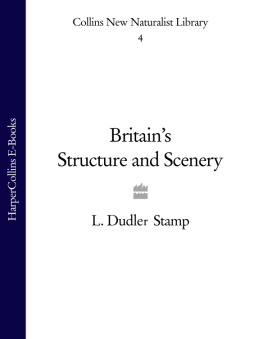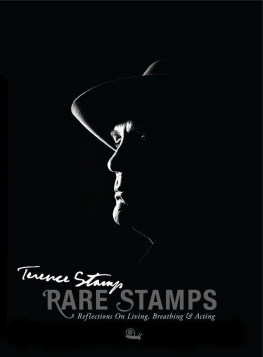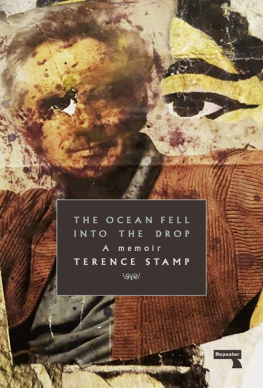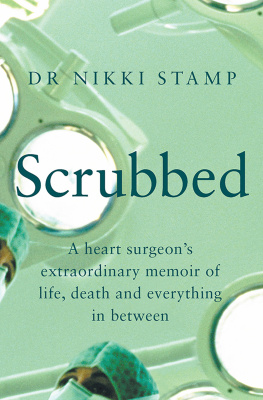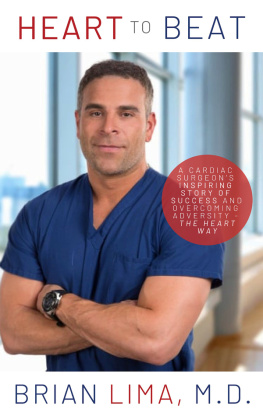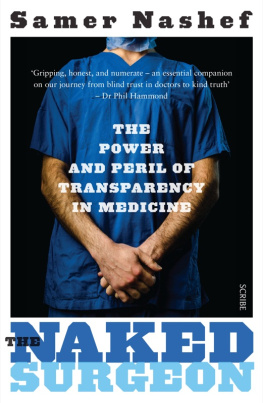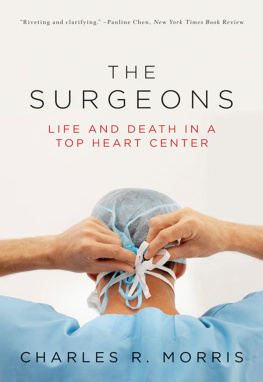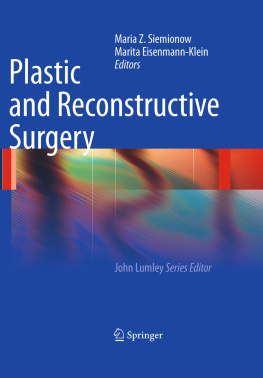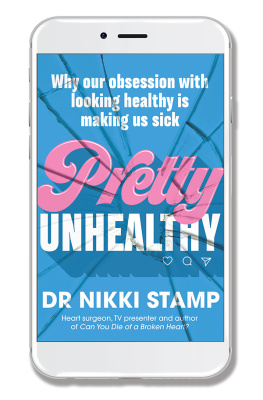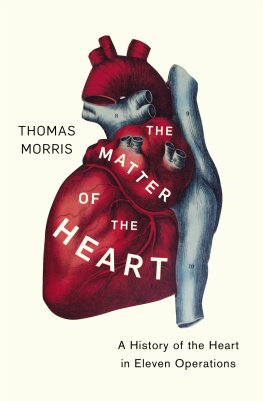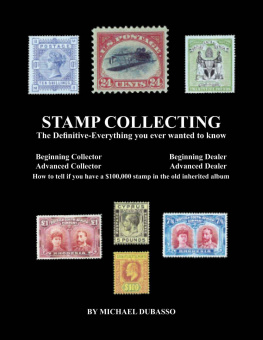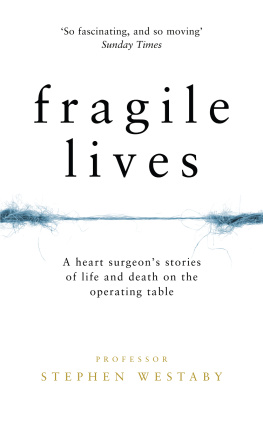Published in 2018 by Murdoch Books, an imprint of Allen & Unwin
Murdoch Books Australia
83 Alexander Street, Crows Nest NSW 2065
Phone: +61 (0)2 8425 0100
murdochbooks.com.au
Murdoch Books UK
Ormond House, 2627 Boswell Street, London WC1N 3JZ
Phone: +44 (0) 20 8785 5995
murdochbooks.co.uk
For corporate orders and custom publishing contact our business development team at
Copyright Nikki Stamp 2018
Publisher: Jane Morrow
Editorial Manager: Jane Price
Design Manager: Madeleine Kane
Editor: Meaghan Amor
Author photography: Chris Chen
All rights reserved. No part of this publication may be reproduced, stored in a retrieval system or transmitted in any form or by any means, electronic, mechanical, photocopying, recording or otherwise, without the prior written permission of the publisher.
ISBN 978 1 76063 166 6 Australia
ISBN 978 1 76063 425 4 UK
eISBN 978 1 76063 550 3
A cataloguing-in-publication entry is available from the catalogue of the National Library of Australia at nla.gov.au
A catalogue record for this book is available from the British Library
Chapter opener illustration shows the Olson Acoustic Stethoscope 1943
For Taolo Masilonyane-Jones
A gentleman and a scholar Missed always

When was the last time you thought about how your body works on the inside? Have you ever stopped to imagine how the air moves in and out of your chest? Maybe youve wondered how your brain tells your muscles to move so you can walk. Have you lain awake, aware of your heartbeat, and pondered how your heart knows when to be fast and when to be slow? Its not something we do very often, largely because we dont need to.
The thing about our bodies is that a lot goes on behind the scenes. You dont have to tell your heart to beat or your lungs to breathe. Your gut just processes the food you present and, when you want to walk, your brain simply has your legs get on with it. Its easy to take it all for granted. The thing is, our bodies are amazing and we dont stop often enough to appreciate just how fantastic they are.
Since I was a child Ive been fascinated by the way the body works. As an adult and a heart surgeon, Ive narrowed that obsession to just the chest. In folklore and ancient medicine the heart was always seen as a magical life-giving core and that is exactly how I feel about it. Now I want to share some of the magic and knowledge of that organ that thumps away in your chest, that you feel flutter when youre excited and pound when youre nervous. I want you to love your heart so much that you take care of it with your mind, body and soul. I feel fortunate to be able to look at hearts virtually every day of my life and I am on a mission to make sure you find the heart as fascinating and precious as I do. I want to take you on a journey to learn how your heart beats and how to make every one of those beats count.
The heart is, at its simplest, a pump. A pump, and also a kind of enigma: its simplicity is possible because of complexities that were only just learning about. The heart is put together in such a way that it just works beautifully.
Heart surgery has only been in existence for about 60 years. Before that we didnt know enough about the heart to cut it open, fix it and then put it back together again. As recently as 1912, a doctor by the name of Stephen Paget remarked that we had reached the pinnacle of knowledge and skill relating to the heart. He considered the heart so vital, so life-sustaining, that we could not afford to be charging into the chest to understand and repair its inner workings unlike the progress being made in other areas of medicine and surgery at the time. This assumption turned out to be wrong; what we can now do to fix broken hearts is incredible.
Since 400 BC anatomists and philosophers have debated the significance of the heart. Aristotle rightly deduced that it was the centre of the bodys circulation and a vital organ. Over the centuries the brightest minds have sought to understand the heart both its physical side and its spiritual.
I would like to introduce the heart and all the features that make it beautiful, special and healthy. Ill explain how being depressed can make it sick, but a good nights sleep can make it healthy. Id also like to share the stories of some amazing heart-owners Ive met in my work as a surgeon.
I dont intend to provide you with a list of things you must do to be healthy or a plan to follow, set out day by day. I want to share my fascination with you. My hope is that you will be as captivated by the workings of the heart as I am. I am wagering that if you know how amazing your own heart is, you will want to care for it every day.
Your heart is your own and it can do incredible things. Its beating inside your chest, pumping blood, feeling fear and helping you run. I want to explain some of what I know about this little ball of muscle and show you how to love this beautiful organ, physically and emotionally. Not a plan or a how-to guide, but rather a kind of show-and-tell so you can fall in love with your heart and look after its every beautiful beat.
My path to the heart
As a child I was fascinated by the way the human body was put together and how all those cogs fitted to become this glorious machine. I simply could not devour enough information about the organs: how the heart beat, the lungs breathed, the eye saw the world around us and even how poo was made. Dont misunderstand me, I read just as much Baby-Sitters Club as the next little girl, but it was the books on our bodies that truly made me tick. I read anatomy books, books on the heart, the eye and the bones. I knew the first-aid manuals backwards and I was ready to jump into action at a moments notice.
When I was six or seven my mother was contacted by the primary school librarian to express concern that I wasnt reading appropriate books for my age; by that we think she meant more Enid Blyton, less anatomy. Fast forward 20-something years and that fascination has never disappeared, but has become a career. Now, rather than poring over books and pictures, I see hearts most days of my life as a cardiothoracic surgeon a surgeon who cares for the heart and the lungs. I feel incredibly fortunate to be able to fix broken hearts.
My path to the heart wasnt exactly straightforward. I desperately wanted a career in musical theatre, but my pragmatic engineer-father suggested (insisted) that I get a real degree first. So, I was going to study accountancy; however, a brief illness and hospital admission just before my final high-school exams made me realise that balance sheets were not for me and there was something else I wanted to do. My experience as a patient, seeing hospital staff who were wrapped up in the world of the human body its workings, its failings, along with the very human side of what it is to care for another person inspired me to put accounting at the bottom of the list.
Solely focused on treading the boards and not believing in my academic aptitude, I thought many career options were out of the question for me. My dad took away the growing pile of university prospectuses and course outlines and asked me a very simple question: If you could do anything in the world, regardless of marks or subjects, what would it be? To both our surprise, without a moments hesitation, my response was medicine. Somewhere my brain had remembered that childhood fascination. I set about working to get into medicine at this late stage. It was no easy road, but I did it and I have never looked back.

